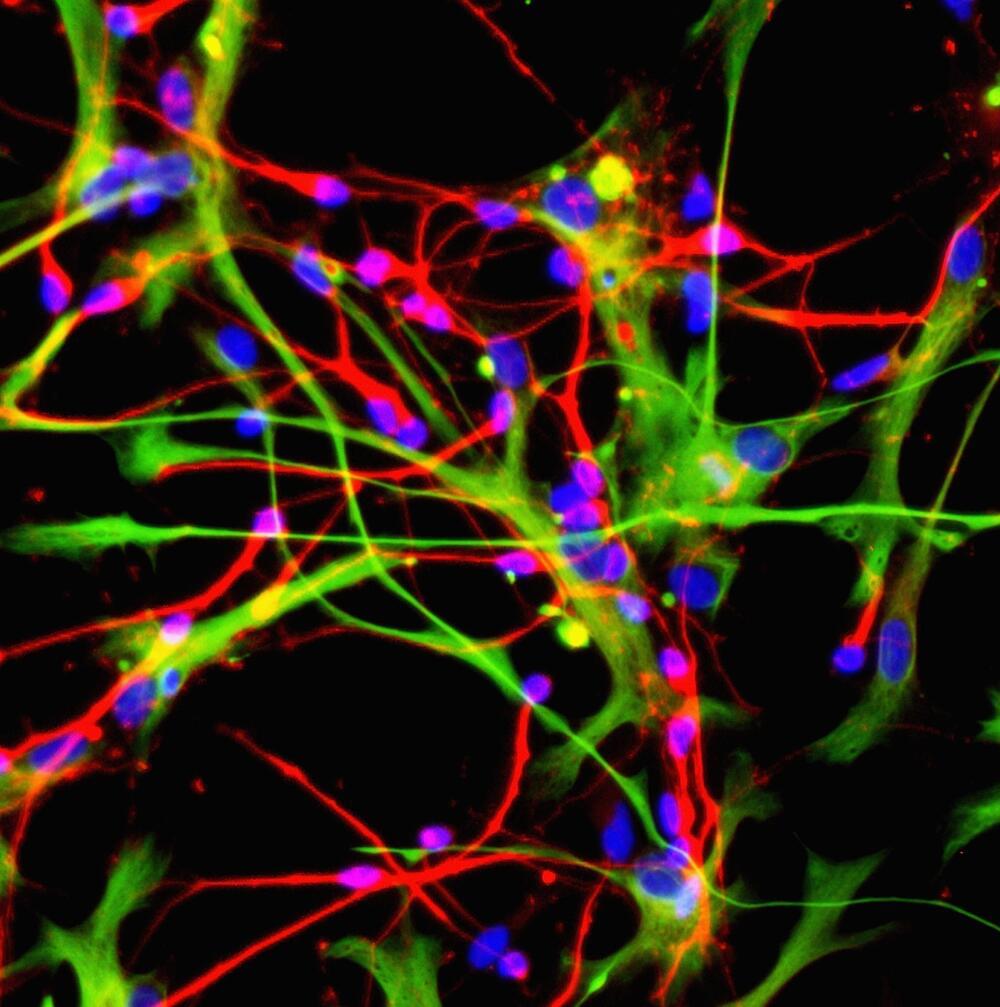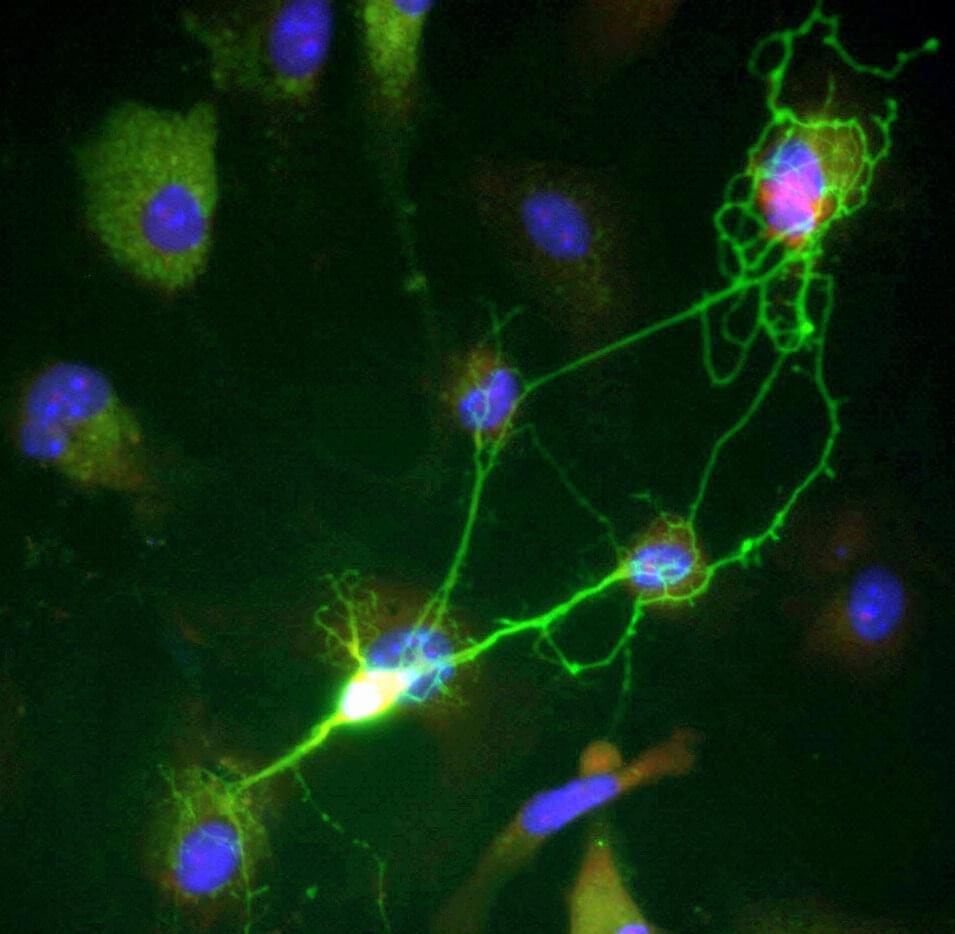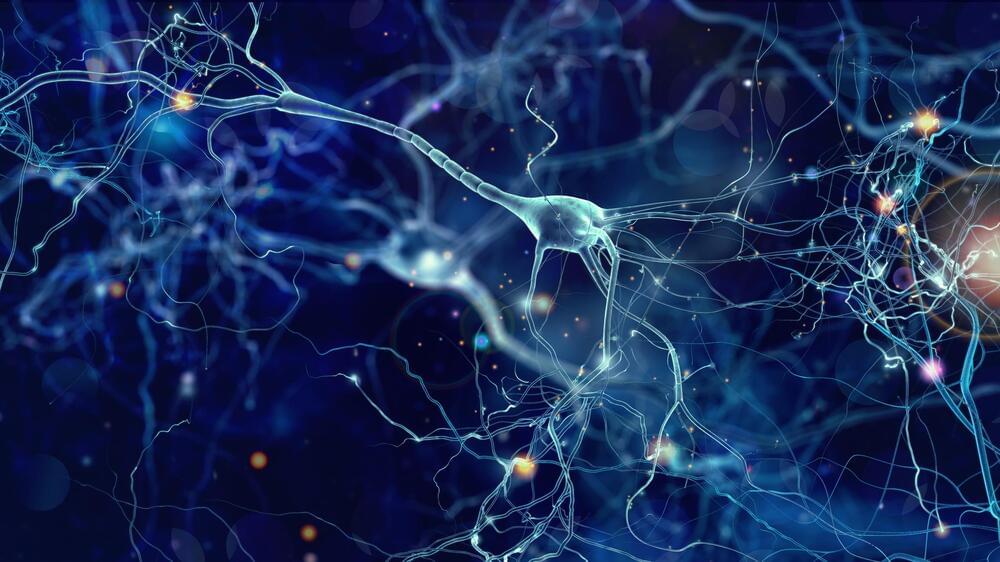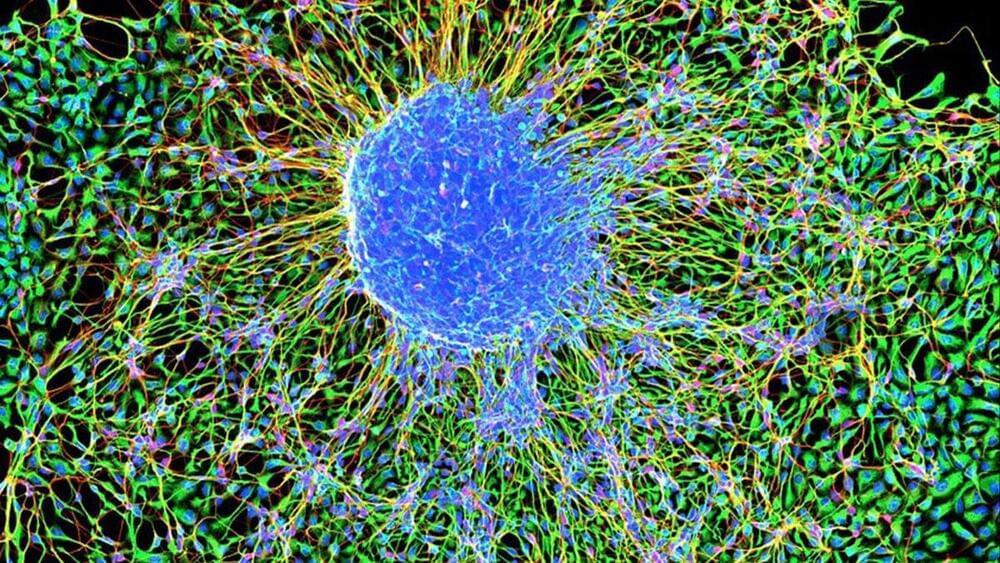Sep 7, 2023
Researchers identify the link between memory and appetite in the human brain to explain obesity
Posted by Gemechu Taye in categories: biotech/medical, food, neuroscience
Disrupted connections between memory and appetite regulating brain circuits are directly proportional to body mass index (BMI), notably in patients who suffer from disordered or overeating that can lead to obesity, such as binge eating disorder (BED), according to new research from the Perelman School of Medicine at the University of Pennsylvania. Published today in Nature, the research notes that individuals who are obese have impaired connections between the dorsolateral hippocampus (dlHPC) and the lateral hypothalamus (LH), which may impact their ability to control or regulate emotional responses when anticipating rewarding meals or treats.
“These findings underscore that some individual’s brains can be fundamentally different in regions that increase the risk for obesity,” senior author, Casey Halpern, MD, an associate professor of Neurosurgery and Chief of Stereotactic and Functional Neurosurgery at Penn Medicine and the Corporal Michael J. Crescenz Veterans Affairs Medical Center. “Conditions like disordered eating and obesity are a lot more complicated than simply managing self-control and eating healthier. What these individuals need is not more willpower, but the therapeutic equivalent of an electrician that can make right these connections inside their brain.”
The dlHPC is located in the region of the brain that processes memory, and the LH is in the region of the brain that is responsible for keeping the body in a stable state, called homeostasis. Previous research has found an association with loss of function in the human hippocampus in individuals with obesity and related disordered eating, like BED. However, outside of imaging techniques such as magnetic resonance imaging (MRI), the role of the hippocampus has been difficult to study in humans with obesity and related eating disorders.















